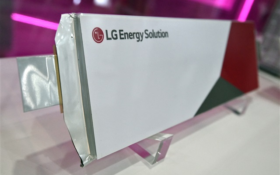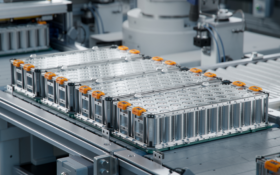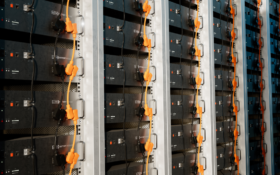Germany-based lithium-ion battery manufacturer Voltabox is set to acquire US battery tech firm Navitas Systems for US$43 million.
Voltabox, majority-owned by private equity company Paragon, said the move will increase its North American market access and give it entry into the production of highly specialised battery cells.
On completion of the deal, which is still subject to approval of US authorities, Voltabox said it will supply the global market for intralogistics from its three sites in Germany, the US and China.
Voltabox will step up its battery system development and cell production at its Ann Arbor site in Michigan. Ann Arbor will also produce Navitas’ standard and starter lithium batteries.
Voltabox said it will continue to meet most of its battery cell needs through long-term partners in China, South Korea, Japan and the US- and expects “direct access to battery cell technology to provide it with substantial benefits when special demands are made of an application”.
Cell researchers at Navitas are working on projects including solid-state battery cells and lithium sulfur cells with increased power density and a longer service life, the company said.
Illinois-based Navitas, founded in 2010, makes battery systems and modern lithium-ion battery cells. The company also produces standard and starter lithium batteries. The company expects revenue “in the range of US$25m in fiscal year 2018. Cell production capacity currently stands at 600,000 units per year. “In the near future, this will increase to 1.5m units per year,” the company said.
“Through Navitas Systems, we will considerably accelerate our growth in the market for intralogistics,” said Voltabox CEO Jürgen Pampel (pictured). “We will gain very valuable resources and production capacities. Moreover, our entry into cell R&D and production represents a significant expansion of our value chain, enabling us to align our battery systems even more closely with our customers’ requirements.”
Navitas founder Alan ElShafei, who will serve on the board of Voltabox’s US subsidiary and advise the company, said the tie-up represented “a powerful offering in the material handling marketplace”.












